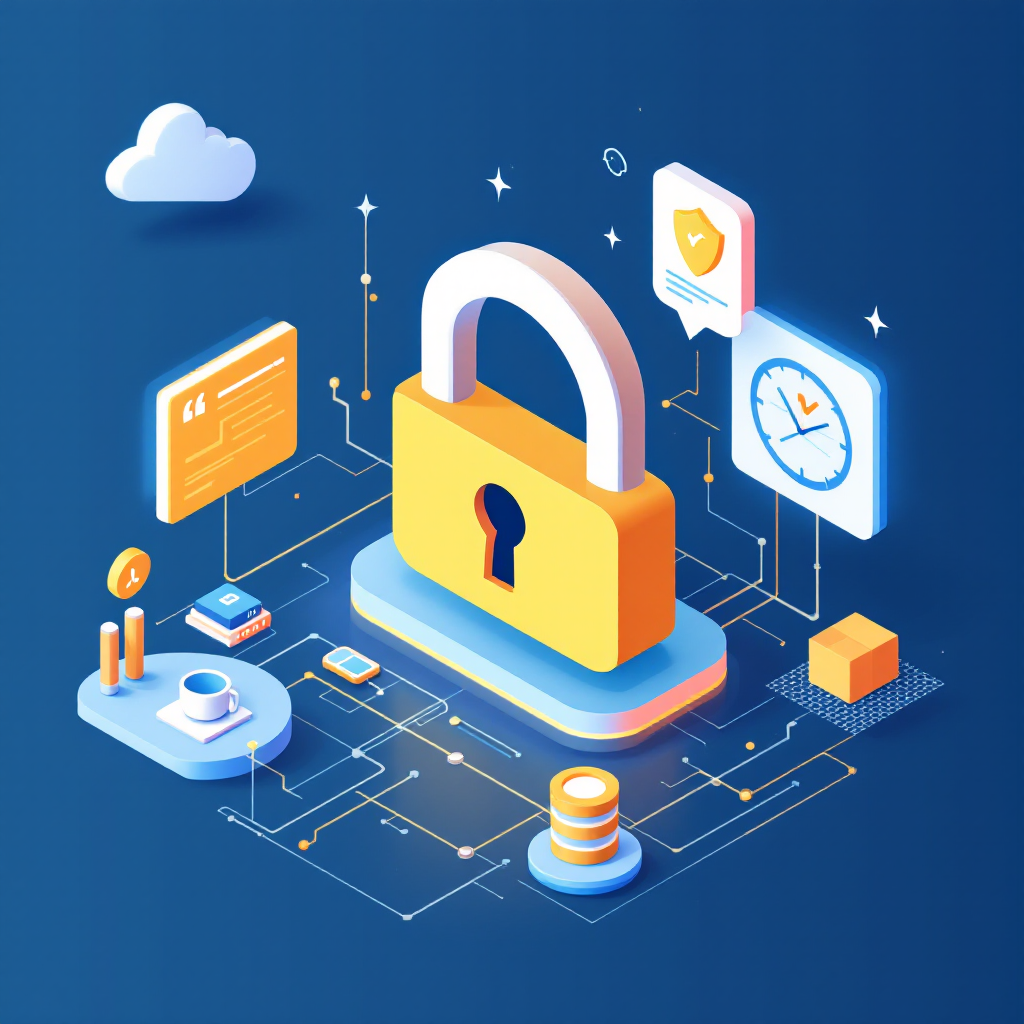In the digital age, our lives are increasingly intertwined with the online world. From socializing, shopping, banking, to working, we are constantly sharing personal information online. This makes online privacy and security a critical concern for everyone. Online privacy refers to the right to determine what information about you is available online and who can access it. Online security, on the other hand, is about protecting your information from unauthorized access and data breaches. Together, they form the cornerstone of safe and responsible internet use.
Why Online Privacy and Security Matter
Online privacy and security are not just about protecting your personal information. They are about safeguarding your digital identity. Every time you browse the web, make an online purchase, or post on social media, you leave digital footprints. These footprints can be collected, analyzed, and used in ways you may not expect or want. For instance, they can be used for targeted advertising, identity theft, or even stalking.
Moreover, data breaches are becoming increasingly common and can have severe consequences. They can lead to financial loss, damage to reputation, and even legal problems. Therefore, understanding and taking steps to enhance your online privacy and security is crucial.
Common Threats to Online Privacy and Security
There are numerous threats to online privacy and security, but some of the most common ones include:
Phishing
This is a method used by cybercriminals to trick you into revealing sensitive information, such as your password or credit card number. It often involves sending an email that appears to be from a legitimate organization but contains a link to a fake website.
Malware
Short for malicious software, malware is designed to damage or unauthorized access to your computer system. It can be spread through email attachments, software downloads, or infected websites.
Tracking and Profiling
Many websites and apps track your online activities and collect data about you. This data can be used to create a profile of you, which can then be sold to advertisers or used for other purposes.
Data Breaches
This occurs when an unauthorized person gains access to a database containing personal information. The information can then be sold on the dark web or used for identity theft.
Unsecured Networks
Using public Wi-Fi networks can expose your online activities to eavesdroppers. They can intercept the data you send and receive, including passwords and credit card numbers.
Practical Steps to Enhance Online Privacy and Security
Here are some practical steps you can take to enhance your online privacy and security:
Use Strong and Unique Passwords
A strong password is your first line of defense against unauthorized access to your online accounts. Use a mix of letters, numbers, and symbols, and avoid using obvious choices like “password” or “123456”. Also, don’t use the same password for multiple accounts.
To help you we recommend to use a password manager such as:
Enable Two-Factor Authentication
Two-factor authentication adds an extra layer of security by requiring you to provide two forms of identification before you can access your account.
Be Wary of Phishing Attempts
Always check the sender’s email address and the URL of the website before clicking on any links. If something seems suspicious, don’t click on it.
Keep Your Devices and Software Updated
Updates often include security patches that fix vulnerabilities in your devices and software. Make sure to install them as soon as they are available.
Use a VPN
A Virtual Private Network (VPN) encrypts your internet connection, making it harder for others to intercept your data.
It is not necessary to use a VPN all the time but it is recommended if you travel and connect to free an or open WiFi. Without a VPN the WiFi owner could see any data sent and received on Internet.
In some countries, the laws may vary a lot to what is applicable in your country. A VPN could avoid you some troubles if you try to connect to a website legally hosted in your country. We recommend you to not break any laws but a misunderstanding can happen.
Limit the Information You Share Online
The less information you share online, the less there is for cybercriminals to exploit. Be mindful of what you post on social media and consider adjusting your privacy settings.
For instance, if attackers know enough about you, they could make you believe they are collaborators of your bank, insurance, landlord, … If the trust is established between you and them, you could provide them very sensitive information or make a payment.
Use Antivirus Software
Antivirus software can protect your devices from malware and other threats. Make sure to keep it updated for the best protection.
Never share sensitive information
If anyone ask you for money you did not expect or is out of the ordinary even if it is very important and urgent, be very careful.
Calm them down, request some time to think. In case of any doubt ask trustworthy people around you.
Never ever give your username and password. No body needs it! Any customer services can manage your account without requesting your password.
If someone asks you a huge amount of money or an amount of money that put you at risk. Be very suspicious!
Do not share to anyone any code your receive by test message. These are usually the two factor authentication token.
Once again, if any doubts, ask someone trustworthy.
Conclusion
Online privacy and security are essential in the digital age. By understanding the threats and taking proactive steps, you can protect your personal information and digital identity. Remember, the internet is a powerful tool, but it’s also a potential minefield. Stay informed, be vigilant, and take control of your online privacy and security. After all, it’s not just about protecting your information; it’s about protecting your peace of mind.


No responses yet